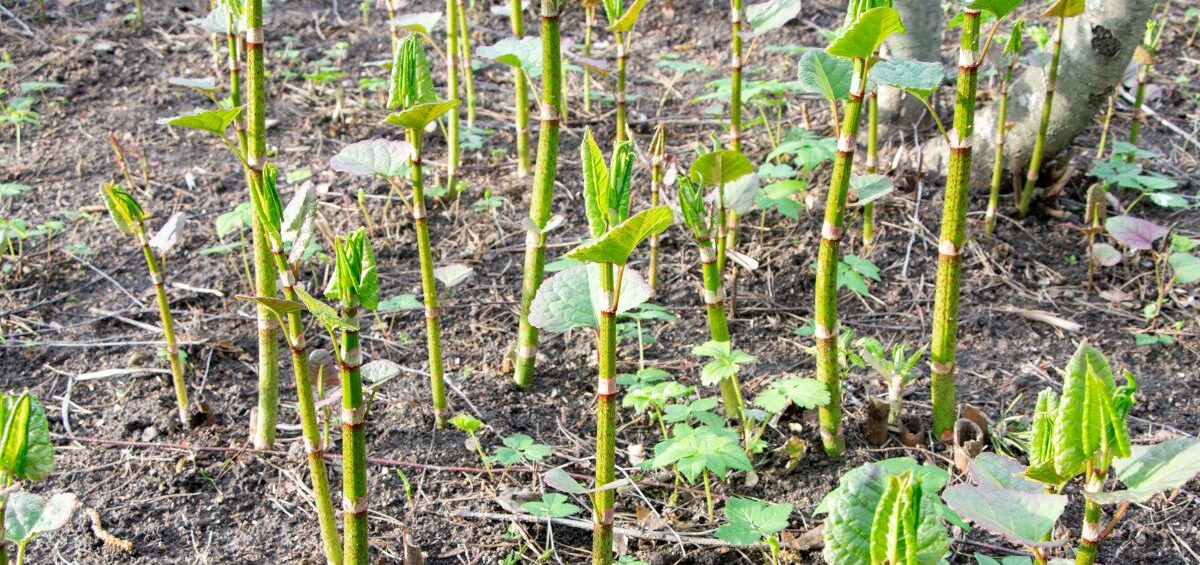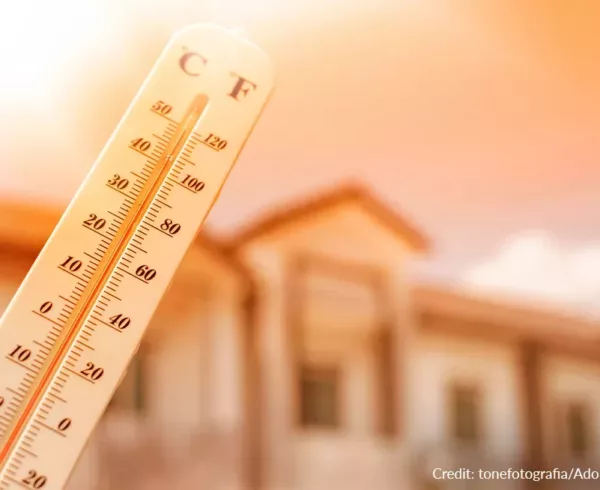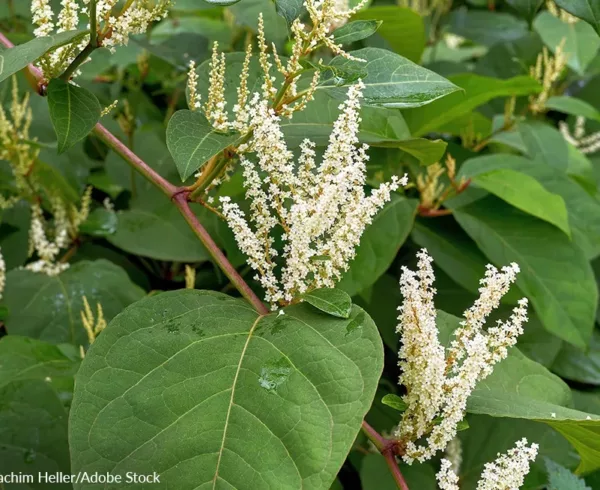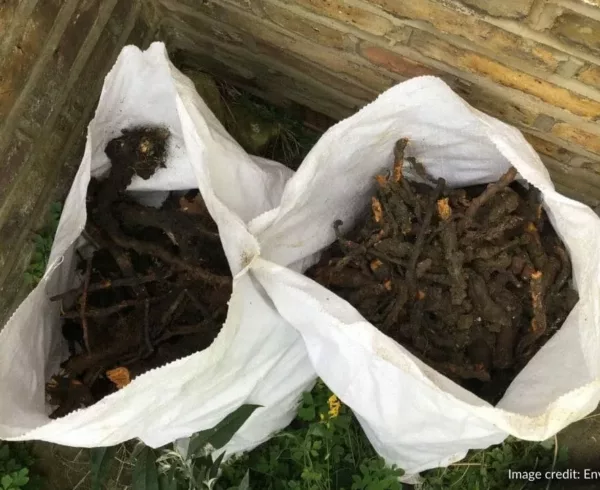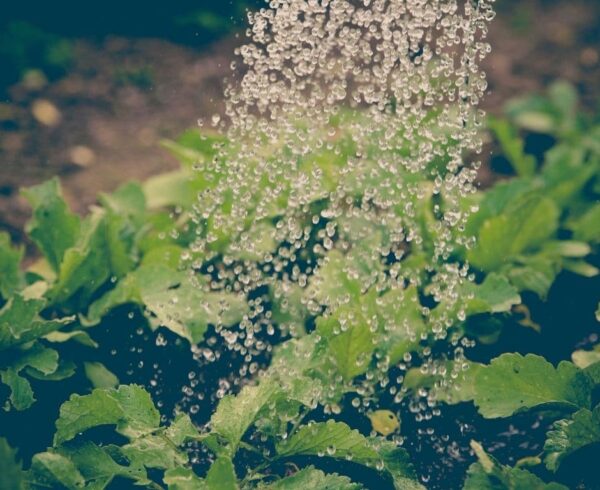Tony Hill, Head of Commercial Litigation and Dispute Resolution at CEL Solicitors spoke with MSN about the alarming growth rate of Japanese knotweed this Spring.
Japanese knotweed grows at alarming rates in Spring; however, higher temperatures mean that the invasive plant is growing six weeks earlier than expected, which could leave homeowners with a financial burden if left untreated.
Tony Hill, Head of Commercial Litigation and Dispute Resolution at CEL Solicitors spoke with MSN, warning homeowners of the rapid growth of knotweed:
“The issue is the speed in which it grows and how easily it can spread. It also takes specialist treatment to get rid of it. Repair costs can mount up if it begins to overtake vegetation or find weaknesses in buildings. These bills are passed onto the individual whose land it has originated from.
“So, it is in any homeowners’ best interests to identify and eradicate this plant as soon as possible.”
How do I treat Japanese knotweed?
Treating Japanese knotweed can be challenging due to its resilient nature. Commenting on this, Tony said:
“If you notice signs of the plant, get a professional straight away to treat it. Attempting a DIY removal could accidentally spread it further, which could make you liable for damages.
“You should also identify if you were unknowingly sold a property with Japanese knotweed. Vendors are legally required to disclose if their property is or ever has been, affected by the plant.
“It is vital to take action no matter what condition the plant is in when you discover it.
“The plant will die back in autumn, the roots beginning to look a bit like bamboo canes, and it can stay dormant for years but there’s no telling when it will begin to grow and take over your garden again.”
What do I do if I find Japanese knotweed on my property?
If you discover that your property has Japanese knotweed, tell CEL. You can speak to our team of legal experts on 0808 273 0900 or complete our online form. We operate on a no-win-no-fee basis so find out how we can help you with your Japanese knotweed problem today.


